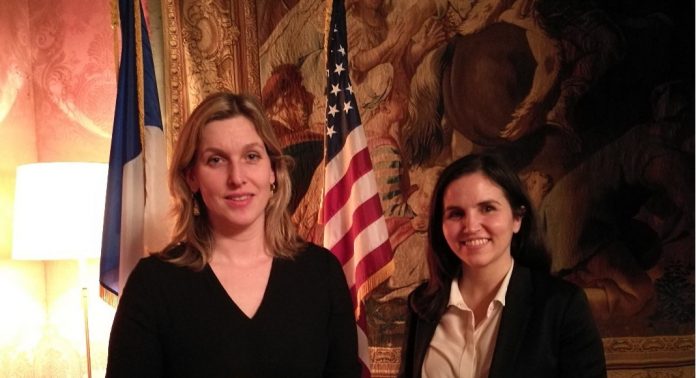
(Partner Article) For any French or Franco-American family living in the United States, but also for Americans with ties to France, estate planning (" estate planning ") is essential, since two legal systems, France and the United States, are concerned, or even clash.
The division of property between spouses:
In French law, the property relations of a couple are governed by the matrimonial regime which, at default of marriage contract, depends on the place of the first common residence after the marriage. It may, in some cases, be modified without even the spouses being aware of it.
In US law, without a contract, the property goods depends on the rights of the different states, the method of acquisition, financing, any contractual clauses at the time of acquisition, etc.
Recommendation: At the least element of foreignness in a couple, conclude a pre-contract or postnuptial in accordance with French and American rights to limit legal uncertainties.
The will :
Known from both legal systems, it is the main instrument of estate planning between France and the United States.
We recommend writing two wills, ensuring their compatibility and compliance to both legal orders.
Protection of minors living in the United States:
In case of death of both parents, it is the judge of the place of residence of the minor child who decides its future.
In the absence of anticipation, minors, especially if they have no family in the United States, run the risk of being placed in foster care.
Recommendations: 1. Appoint a guardian, especially if the parents want the return of children in France, who can, if he is French, obtain a business visa, impossible without a will. 2. Designate a guardian " American temporary, for the care of the child the time of the procedure. Both tutors will appear and be appointed by the judge. 3. If necessary, provide financial support for children by setting up a trust (but pay attention to taxation French).
Protection of property:
In France as in the United States, it is the place of the last residence of the deceased that determines the competent judge. A will makes it possible to designate the applicable law, within certain limits, and to organize the division of property.
Last residence in France:
The fate of property, movable and immovable, is settled by a French notary, the judge intervening only in case of litigation.
Without a will, French law applies: the surviving spouse collects the usufruct in full or a quarter freehold of all property, children are protected by the hereditary reserve, which may be circumvented by a will designating the American law.
Last residence in the United States:
The succession, which relates to the movable property wherever they are and the real estate located in the State, is directed by a judge and led by a "representative": Excluding the will, the judge designates the "administrator" of nationality American or resident of the state; By the will, one can choose his "executor", for example the surviving spouse, who will then benefit from a business visa to bring the succession to an end.
tax system American:
Estate of a French citizen residing in France: if the assets located in the United States exceed $ 60,000, the American inheritance tax must be paid.
Estate of a French citizen residing in the United States: exemption from inheritance tax for World Heritage less than $ 5,490,000 in 2017, threshold raised at $ 11,200,000 by the law of December 20, 2017. The "marital deduction", which allows the tax exemption between spouses, is only applicable to the benefit of the spouse of US. Failing this, it is advisable to set up fiscal strategies: donations, transfer of non-estate assets (non-probate), trusts, while remaining vigilant to Taxation French.
tax system French:
US tax systems can not be used in a Franco-American context without much precaution. The trust for example is apprehended in France as a tool for tax evasion and heavily taxed as soon as one of the elements of the trust is attached at France.
In conclusion, if it is always better to anticipate its succession, it becomes indispensable in an international context.
To know more
Hélène CARVALLO
420 Lexington Avenue – suite 2834
New York New York 10170
Tel: (1) 929-259-2110
(Email protected)
faan-law.com
Anne-Carole PLAÇAIS
71 boulevard de Sébastopol – 75002 PARIS
Such. : 06 88 52 15 76 or 1 917 302 1306
(Email protected)
faan-law.com
——
Note: "Partner Articles" are not articles in French Morning's editorial staff. They are provided by or written to the order of an advertiser who determines the content.









